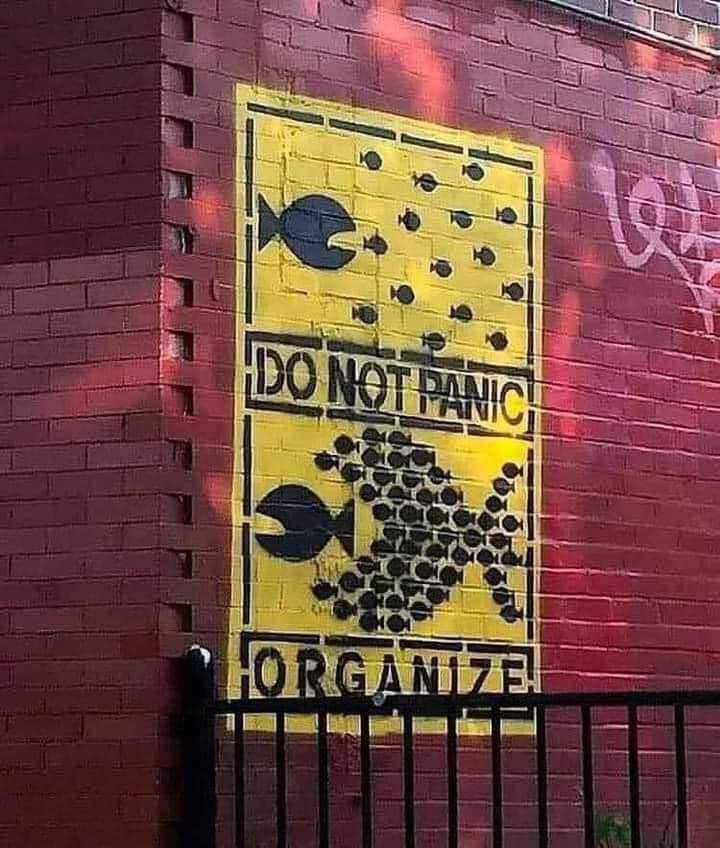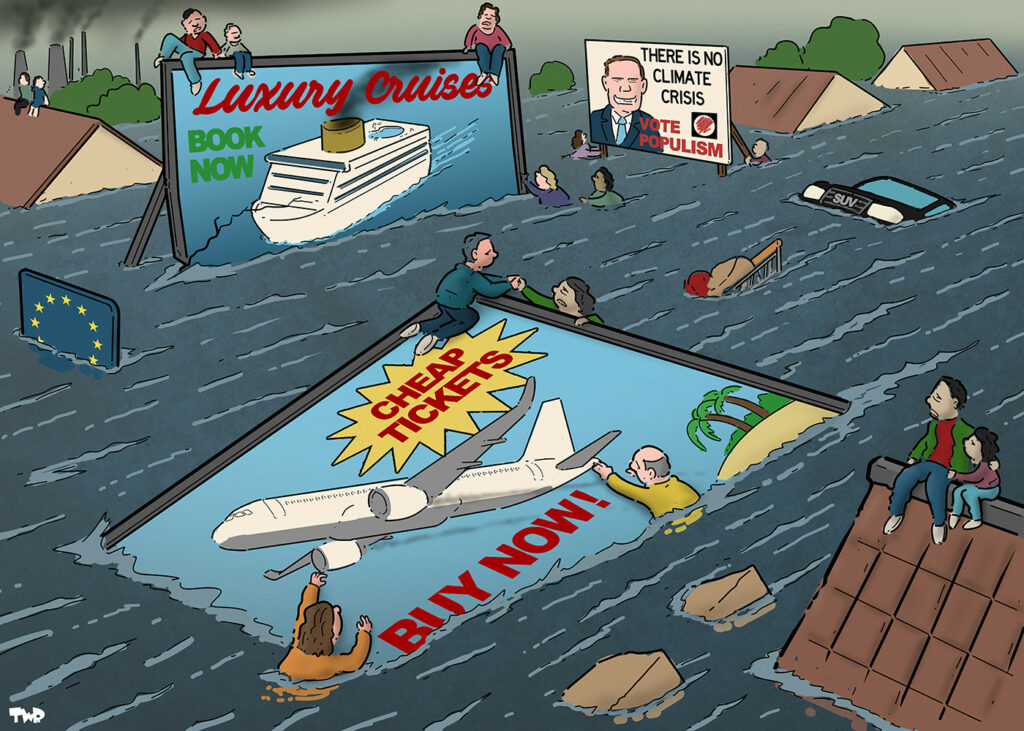The current state of discourse, particularly the ways in which left and right ideologies, have become so intertwined and confused that it’s difficult for people to distinguish between them. This post critiques the tendency of both sides to adopt a “victimhood narrative,” which is both unproductive and disempowering.
The mess we have made in modern “thinking” and action among some people is to blindly reject critique and instead frame themselves as victims of persecution. This defensive posture, adopted by narcissists, is a path of refusal of engagement in the meaningful exchange of ideas, essential to intellectual growth and social progress. Rather than seeing criticism as an opportunity to refine their arguments or reconsider their positions, these people construct a storey where they are instead under attack. This narrative of victimhood is powerful because it taps into broader societal fears—of being silenced, of losing freedom of expression, of falling prey to what they perceive as the tyranny of the majority, in the end of being bullied. It’s the #stupidindividualism I talk about a lot, playing itself out as broken social psychology.

This #blocking of criticism is problematic because it shuts down the possibility of constructive dialogue. Instead of growing spaces where ideas can be debated and challenged on their merits, this path creates a polarized environment where any dissent is viewed as an assault on personal freedom. This is antithetical to the path of intellectual inquiry, which thrives on the back-and-forth exchange of ideas, even when those ideas are uncomfortable or challenging. The blocking of discourse leads to social stagnation, when individuals or groups refuse to engage with criticism, they insulate themselves from the feedback that leads to the improvement of the paths they take in life. In doing so, they become increasingly disconnected from reality, trapped in echo chambers where their views are continually reinforced by the current mess without question. This in part is why we worshipped a #deathcult for the last 40 years.
This #mainstreaming is making a very nasty mess of the current paths, when those who grab and hold positions of influence and authority dismiss criticism as persecution, they fail to address the urgent substantive issues. Contributing to a culture of, conformity, fear and anti-intellectualism, the bullied becoming the bullies is an old story. This growth of the culture, that disdains critical thinking, thus shapes a preference for simplistic, comforting narratives over complex, sometimes uncomfortable truths, is the path to #fascism so good to focus on this messy we think of as “common sense”, it’s a path we need to step away from.
The current generation are far down the path of “political correctness” which is used as a tool by those who feel their ideas are under siege. On this path the term is often misleading, while there are instances where concerns about offending others may lead to excessive caution in discourse, the path of political correctness is frequently used as a catch-all to block any challenge to entrenched viewpoints. This misuse of the concept creates a false dichotomy: either you are committed to free expression and thus opposed to political correctness, or you are a part of the “mob” enforcing a narrow orthodoxy. In reality, the situation is far more messy. Engaging with criticism and being open to changing one’s views are not signs of weakness or conformity, but of simple integrity.
To move beyond this mess, we need to be willing to listen to criticism, to consider the validity of opposing viewpoints, and to refine our ideas and paths in light of fresh views and differing perspectives. A collaborative process aimed at discovering truth and advancing understanding. By growing the space where criticism is not seen as persecution but as an essential part of the social process, Intellectual discourse should not be a battlefield where ideas are either victoriously defended or ruthlessly attacked, let’s compost the mess, not burn it to ashes please.
We need spaces for this to happen https://opencollective.com/open-media-network please support this native #4opens path, thanks.
UPDATE (draft)
There are strong personal and social forces pushing back the change and challenge we need to live better, more interesting and for furfilling lives. One of the strong “personal” issues is the role of present-moment emotional discomfort in shaping life decisions. Many people, unconsciously, allow short-term emotional anxiety, fear, or discomfort to influence decisions that have long-term consequences. This tendency is rooted in our evolutionary biology, cognitive biases, and societal conditioning.
The role of emotional discomfort in decision-making, from an evolutionary point of view, is that humans have developed a natural aversion to discomfort and pain because these sensations signal danger or threat. Our ancestors who were more attuned to immediate discomfort were more likely to survive. As a result, our brains are wired to avoid pain and seek pleasure, even if this means making decisions that only offer short-term relief. Cognitive biases, is a bias that leads people to prioritize immediate rewards or relief over long-term benefits. This bias often makes us choose a less optimal path simply because it feels better at the moment. This alongside loss aversion makes us more sensitive to potential losses than to equivalent gains, leads to decisions that are more about avoiding discomfort or the fear of loss than about achieving a positive outcome.
Social and cultural pressure in society rewards decisions that align with immediate success, stability, or the avoidance of failure. This pressures individuals to make choices that conform to societal norms, even if they aren’t aligned with their deeper values or long-term goals. For instance, staying in an unfulfilling job because it’s “safe” or not pursuing a dream due to fear of failure. The impact of anxiety and stress, reduces our ability to think rationally. The consequences, decisions made primarily to minimize present-moment discomfort, lead to a life that feels safe but unfulfilling. When we consistently choose the path of least resistance, we avoid short-term pain, but we miss meaningful experiences, personal growth, and the satisfaction that comes from overcoming challenges. Some psychological strategies to counteract this:
- There is the fluffy path of mindfulness, which can help us become more aware of our emotional states without immediately reacting to them. By observing our discomfort without judgment, we can make more deliberate choices.
- Long-term vision, a clear alternative vision of our long-term goals helps us resist the temptation to make decisions based on short-term emotional states. By reminding ourselves of the better path, we can weigh the immediate discomfort against the potential long-term benefits.
- Reflective decision-making, taking time to reflect on why we are making a particular decision, can reveal whether we are motivated by discomfort avoidance or by values and desires. Simply taking a pause or asking #KISS questions can be valuable in this process.
Developing emotional maturity, allows us to endure discomfort without letting it dictate our paths. On the fluffy path, practices like meditation, therapy, or even facing small challenges intentionally, increases our capacity to tolerate discomfort and reduce its power over our decision-making. On the spiky path, a dose of “fucking shit up” can be liberating in moderation as a healthy balance.

In conclusion, while it’s natural to want to minimize discomfort, it’s a more truthful path to recognize when this desire leads us to make decisions that are not in our actual best interest. By becoming more aware of the influence of present-moment emotional states, we can make more conscious, intentional decisions that align with our deeper “natures”, goals and values, leading to a more fulfilling and authentic life. A first step to any of this is getting off our knees and lifting our heads from worshipping the #deathcult, to see that socially shapes this mess we are a personal part of #KISS




